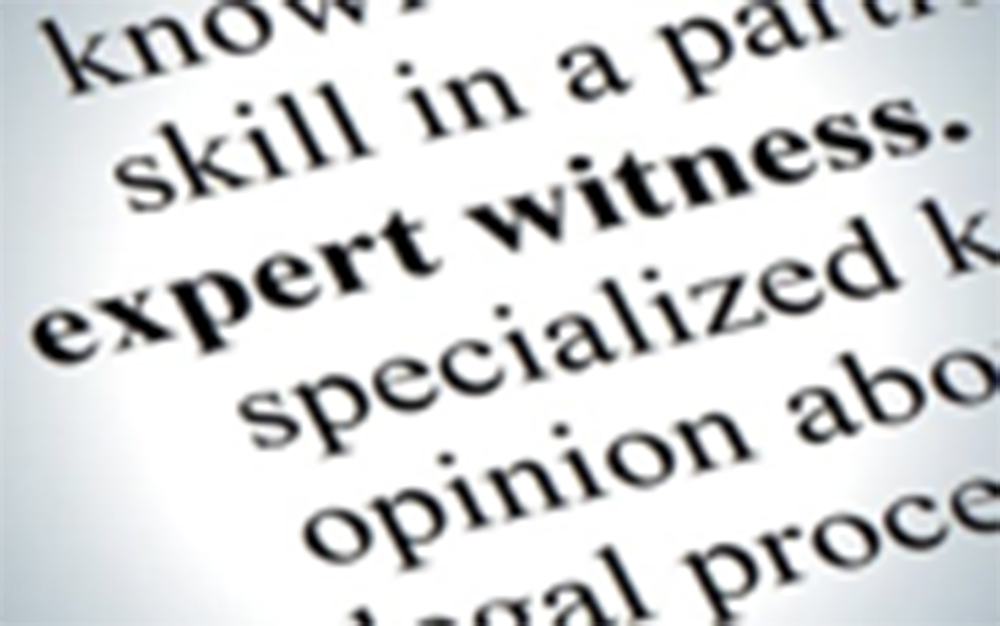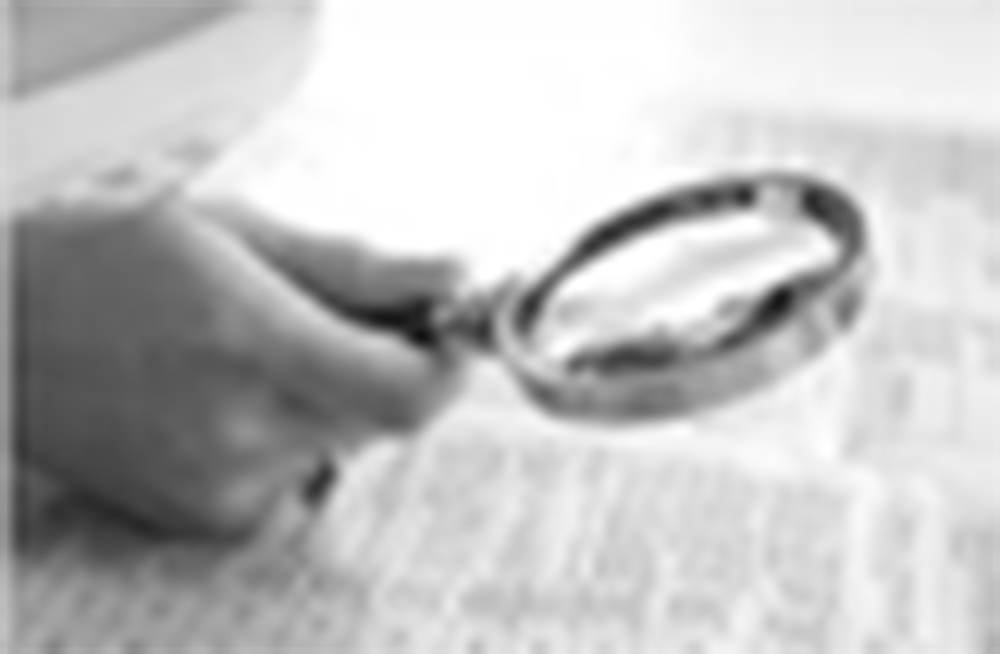
This article is a taste of information about what an appraiser should and should not do as an appraisal expert witness. Almost every lawsuit is more about money than justice. Appraisers provide the money figures. And every lawsuit that involves professional negligence, whether a doctor, lawyer, CPA, dentist, or appraiser requires the testimony of an expert witness from that profession who will testify for the plaintiff or defense about standards of practice. In negligence suits, the appraiser expert must opine on whether, in performing the appraisal, the accused committed some act that the reasonably competent appraiser engaged in the practice of appraisal would not have done, or that the accused failed to do some act that the reasonable competent appraiser engaged in that specialty would not have done. I will try in the space available to touch on things an appraiser expert should know and things a testifying expert should avoid.
The law defines an expert as a person who, through education, specialized training and experience, has developed skill or knowledge in a particular subject, so that he or she may form an opinion that will assist the judge or jury. [Federal Rules of Evidence 702]. There are two types of experts. A Consulting expert is an expert who is retained by a party but is not expected to testify at trial. A consulting expert’s opinions are generally exempt from discovery [Federal Rules of Civil Procedure 26(b)(4)(B)]. A Testifying expert is an expert who is identified by a party as a potential witness at trial. As a part of the initial disclosures, a party must provide to all other parties a wide range of information about a testifying expert’s qualifications and opinion, including all information that the witness considered in forming the opinion [Fed. R. Civ. P. 26(a)(2) (b)].
The difference between general appraisal work and the appraiser as expert witness is the legal forum. Courts and Arbitration Hearings have rules governing expert testimony. The appraiser expert witness needs to be aware of and understand those rules. The Rules of Civil Procedure and the specific rules governing expert testimony, 26(2)(b). Federal courts require an appraisal report. Most civil courts do not require a report. State courts often reject an appraisal report because the “expert” is available to provide sworn oral testimony and is open to cross examination by opposing counsel. State courts typically require disclosure of the expert’s name, qualifications, and the subject matter of the proposed testimony.
Here are a few issues an appraiser acting as an expert witness should know.
(1) Never lie under any circumstance including your resume. Your resume answers the question of competency.
(2) Do not make legal conclusions, that is the judge’s task.
(3) Know the difference between inductive reasoning and deductive reasoning.
(4) Know the standards that govern appraisal practice and be careful how you interpret those standards.
(5) Know the difference between trivial errors and material errors. Stay away from applying rules that do not govern a perceived transgression. There is a “‘knowledge’ requirement” in Rule 702 that requires the expert to present more than subjective belief or unsupported speculation, you must have a basis to support your opinion.
(6) Know the meaning of evidence.
(7) Know the standard of proof required, i.e. clear and convincing evidence (70% more likely true) or a preponderance of evidence (51% more likely true).
(8) Know the difference between evidence and proof.
(9) Know that the Rules of Civil Procedure govern fact disclosure, interrogatories, depositions, and the impeachment of an expert witness.
(10) Communicate with the attorney who hired you. It is imperative that the attorney fully prepares the expert witness for deposition and trial testimony. The attorney must candidly appraise whether the expert’s qualifications and litigation experience match the scope of the opinion to be prepared. Experts need to be told of perceived shortfalls in their credentials.
 (11) Understand the adversarial process. Plaintiff v. Defendant, Husband v. Wife, Sisters v. Brothers, Partner v. Partner? As a testifying expert the appraiser is not the lawyer. The appraiser is a professional who is independent and above the battle, rendering objective professional opinions on valuation issues. You are not an advocate.
(11) Understand the adversarial process. Plaintiff v. Defendant, Husband v. Wife, Sisters v. Brothers, Partner v. Partner? As a testifying expert the appraiser is not the lawyer. The appraiser is a professional who is independent and above the battle, rendering objective professional opinions on valuation issues. You are not an advocate.
(12) Ipsi Dixit is believing in entitlement based on academic credentials and/or appraisal designations. Jurors and judges do not like experts who act like they are so academically gifted that their conclusions do not require explanation. Ipsi Dixit means I said so, therefore it is! A fact can be testified to by any witness however, an opinion can be given in evidence only by an expert, and qualifications as an expert and reasons for his opinion are part of premise for allowing expert to testify1-2.
(13) Avoid advocacy in preparing appraisal reports that favor the client.
(14) Avoid being conclusionary. Do not adopt doctrinaire thinking and a pattern of behavior that provides a conclusion without showing analysis.
(15) Finally, dress conservatively for the occasion.
What Do Judges Think About Appraisers as Expert Witnesses?
Judge Stan Bernstein, Bankruptcy Court in Re: Med Diversified, Inc. 461 F.3d 251 (2006) gave some insights. The judge said, I’d love to finally find an appraiser who convinces me that through a rigorous application of a methodology, that person can effectively value a property. Several have tried. None have succeeded, no one as sophisticated as you, but the science isn’t there yet, at least as you’re presenting it to me because I’m testing it at every single conceivable angle simply because I have a tremendous degree of skepticism… And the same judge, referring to the “letters” after the appraiser’s name, said, “I don’t really care about your certifications, although I do appreciate that this is somehow made up by persons who have some professional standing in connection with some effort by the government to improve the quality and integrity of appraisals... So you don’t need to go through all of these. I’m sure they’re all noble, but I really want to know what cases you appeared in what books you’ve written or major articles.”
1. Lyles v. U. S., 1957, 254 F.2d 725, 103 U.S.App.D.C. 22
2. Logsdon v. Baker, D.C. 1973, 366 F.Supp. 332.
Roger Durkin, is an appraiser and attorney with Durkin Law PC, in Boston








